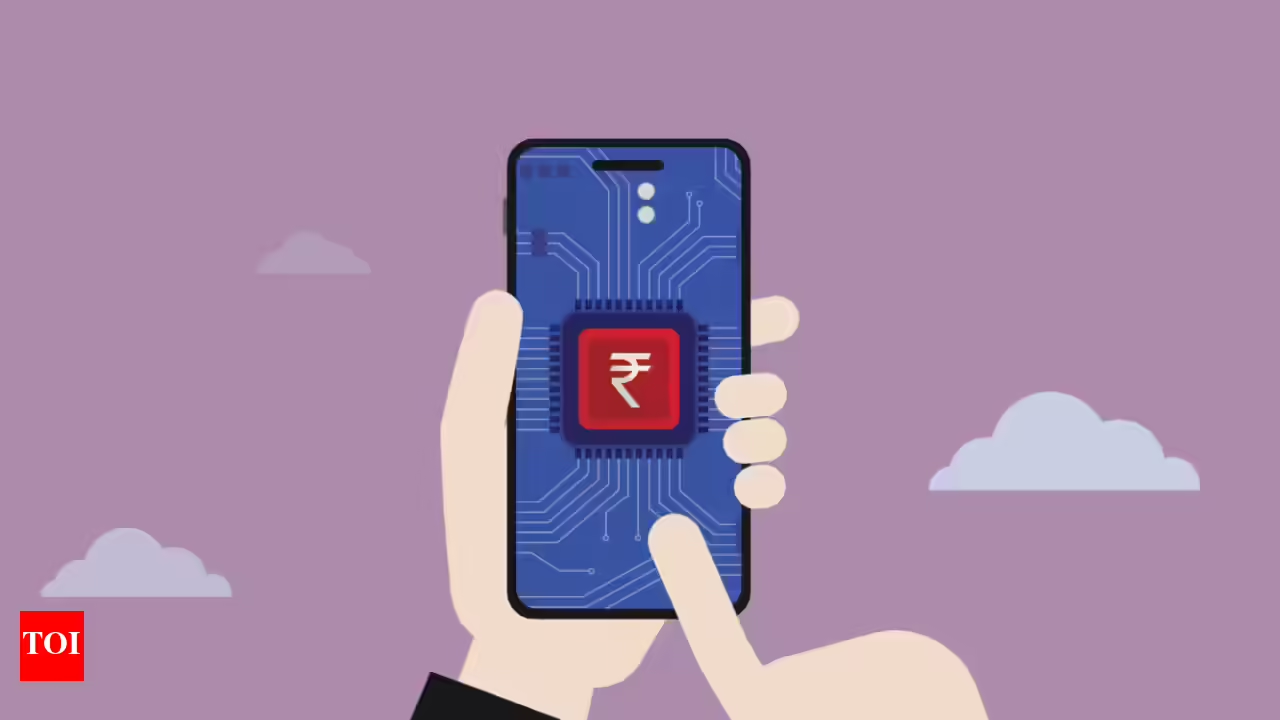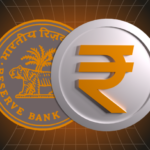Offline Digital Payments: Solving India’s Connectivity Problem with CBDCs
India’s digital payment ecosystem has witnessed a revolutionary transformation over the last decade. From UPI’s meteoric rise to mobile wallets like Paytm and PhonePe, digital payments are fast becoming the norm. But here’s the catch — a significant portion of India still struggles with reliable internet connectivity, especially in rural and remote areas. This digital divide hampers the seamless adoption of cashless payments, leaving millions underserved.
Enter Central Bank Digital Currencies (CBDCs) — specifically the Digital Rupee — with a game-changing feature: offline digital payments. This innovation promises to bridge India’s connectivity gap, enabling secure, instant, and cashless transactions even without internet access.
Why Offline Payments Matter in India
Despite rapid growth, India’s internet penetration stands at around 75%, leaving roughly 25% without reliable access. Many rural pockets, hilly terrains, and tribal regions face frequent network disruptions. For these areas:
- Traditional digital payments relying on real-time online authorization are often unusable.
- Consumers and merchants remain dependent on cash, limiting financial inclusion.
- Government subsidy and welfare payments lose efficiency, often needing intermediaries.
Offline digital payments with CBDCs can rewrite this narrative by enabling transactions even in total network blackout zones, ensuring no Indian is left behind in the digital financial revolution.
How Offline Digital Payments Work with CBDCs
The RBI’s Digital Rupee is being designed with offline transaction capabilities using technologies like Near-Field Communication (NFC), Bluetooth, or QR codes that don’t require active internet at the time of payment.
Here’s a simplified flow:
- Pre-loading Digital Rupees: Users’ wallets get “pre-loaded” with digital currency tokens authenticated by the RBI.
- Device-to-Device Transfers: Payments happen directly between devices via NFC or Bluetooth, with cryptographic verification ensuring transaction integrity.
- Delayed Settlement: Once internet connectivity is restored, the transactions are synced with the central ledger to update balances and records.
This model mimics cash-like peer-to-peer transactions but with all the benefits of digital currency — security, traceability, and programmability.
Benefits of Offline CBDC Payments in India
🔸 Financial Inclusion Boost: Millions without bank accounts or internet access can participate in the digital economy using basic smartphones or even smart cards.
🔸 Reduced Dependency on Physical Cash: With offline digital payments, cash usage can drastically reduce, lowering risks related to theft, counterfeiting, and cash logistics.
🔸 Emergency & Disaster Resilience: In natural calamities or network outages, offline payments ensure uninterrupted financial transactions for essential goods and services.
🔸 Merchant Convenience: Small merchants in remote areas can accept digital payments without fear of connectivity issues, boosting their business.
🔸 Faster Transactions: Payments happen instantly without delays caused by network latency or downtime.
Challenges to Offline CBDC Payments Adoption
No tech solution is perfect — offline CBDC payments face some hurdles:
- Double Spending Risk: Offline payments increase risk of users trying to spend the same digital token multiple times before ledger syncing. RBI’s cryptographic protocols must be airtight.
- Device Security: Ensuring that offline wallets are tamper-proof and immune to malware or hacks is critical.
- User Education: Rural users need training and awareness about digital wallets and offline payment usage.
- Infrastructure & Device Compatibility: Not all smartphones support NFC or Bluetooth. Solutions must be adaptable to different hardware capabilities.
Global Examples & India’s Path Forward
Countries like China and the Bahamas have experimented with offline CBDC transactions as part of their digital currency pilots. China’s Digital Yuan, for instance, allows offline transactions via secure hardware wallets. The Bahamas’ Sand Dollar also supports offline use cases for island connectivity.
India’s unique demographic and geographic diversity make offline payments an essential feature for the Digital Rupee’s success. The RBI’s phased pilots are actively testing offline functionalities in select districts to iron out technical and operational challenges.
Conclusion: Offline Payments Are Key to India’s Digital Currency Future
India’s Digital Rupee is more than just a digital version of cash — it’s a leap toward inclusive, resilient, and future-ready financial infrastructure. Offline payment capabilities address one of the biggest bottlenecks in digital payments: unreliable internet access.
By empowering citizens and merchants to transact anytime, anywhere, offline CBDC payments can unlock a new level of financial inclusion and digital adoption in India’s vast and diverse landscape.
If implemented well, offline Digital Rupee payments could finally solve India’s connectivity challenge, making cashless truly seamless for everyone.




